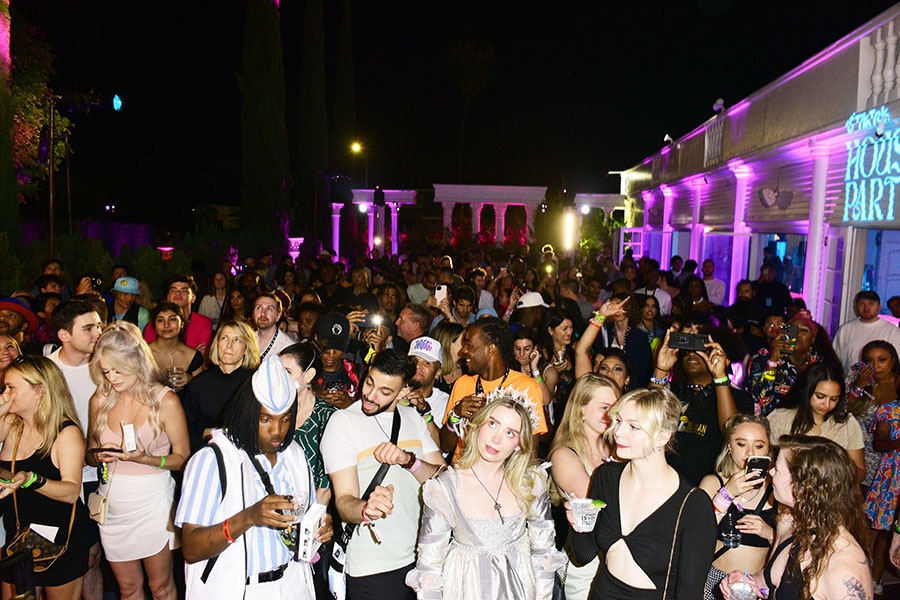
Simply Speaking: TikTok is surging. For Meta or verse
TikTok is a test case for global business, global internet and global capitalism
 Guests attend TikTok House Party at VidCon 2022 at a private venue on June 23, 2022 in Anaheim, California, USA. Image: Vivien Killilea/Getty Images for TikTok
Guests attend TikTok House Party at VidCon 2022 at a private venue on June 23, 2022 in Anaheim, California, USA. Image: Vivien Killilea/Getty Images for TikTok
It is said that the ugliest sound in the world is the tick tock of a clock because it tells you time is passing never to come back again. It is the one thing we cannot get more of, or get back.
Mark Zuckerberg would agree. But the relentless TikTok that pains him is that of the eponymous Chinese social media giant. Launched only five years ago, TikTok is one of the world’s fastest-growing social media platforms. Sensor Tower in its “Q1 2022: Store Intelligence Data Digest” reported TikTok as the top app by worldwide downloads in Q1 2022. The app previously had surpassed 3.5 billion all-time downloads in the first quarter of 2021, becoming just the fifth app (and the only one not owned by Meta) to achieve this milestone.
Since the start of 2022, TikTok has been downloaded more than 175 million times. TikTok has surpassed 10 million downloads for the past nine quarters now. No app has had more downloads than TikTok since the beginning of 2018.
This is significant for two reasons: Firstly, this stellar performance has punched the entrenched Silicon Valley social media giants in the nose and they are bleeding. Secondly, TikTok is seen as a danger to those who see the business as an extension of China’s new internet ambitions. It is an indication of the finesse with which China players can deal in such areas. The followership, brand appeal and gush of content has left everyone awe struck.
TikTok might be the easiest social act to be a part of but lurking under the simple interface is bleeding edge Artificial Intelligence which adapts and adopts content at a blinding pace. No wonder TikTok signed up its first 1 billion users double as fast as arch-rival Facebook.







